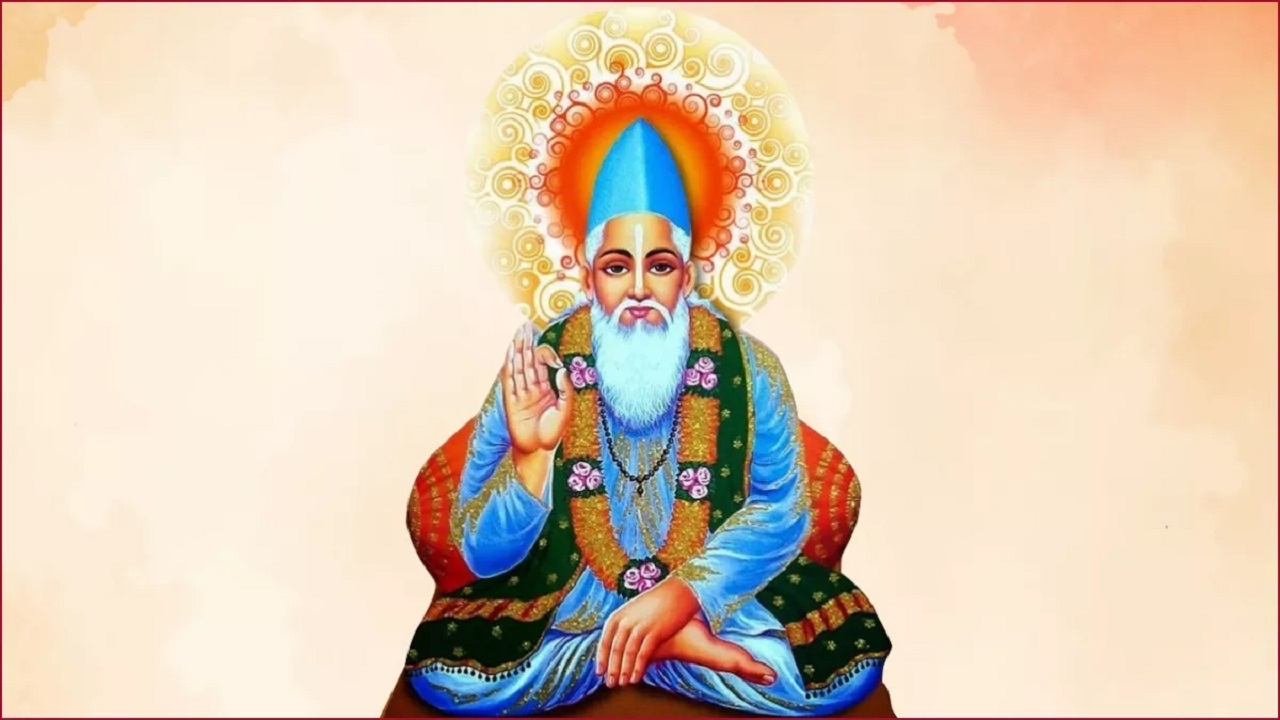Sant Kabir Das: A Saint Beyond Religion, A Reformer Beyond Time
Context
Sant Kabir Das Jayanti was observed on June 11, 2025, marking the 648th birth anniversary of the 15th-century poet-saint. The day commemorates Kabir’s lasting contributions to spiritual unity, social reform, and religious harmony in India.
Who Was Sant Kabir Das?
-
A 15th-century mystic poet and Bhakti saint, believed to have been born in 1440 in Varanasi, Uttar Pradesh.
-
Raised in a Muslim weaver family, Kabir’s life reflected religious inclusiveness and the blending of Hindu and Islamic spiritual traditions.
-
His teachings are preserved in texts like Bijak, Sakhi Granth, Kabir Granthavali, and Anurag Sagar.
-
Many of his verses are also included in the Guru Granth Sahib, the holy scripture of Sikhism.
Kabir’s Core Teachings and Philosophy
-
God Within, Not Outside:
Stressed self-realisation over ritual worship, urging people to seek the divine within themselves. -
Nirguna Bhakti:
Advocated devotion to a formless (Nirguna) universal consciousness, rejecting idol worship and ritualism. -
Ethical Conduct over Ritual Purity:
Opposed caste hierarchy and hollow religious practices, placing emphasis on moral living and compassion. -
Simplicity and Service:
Encouraged humility, charity, and remembrance of God’s name (Nam-Smaran) as the true path to liberation. -
Equality and Non-violence (Ahimsa):
Asserted that all beings are equal in the eyes of God, promoting social justice and peace.
Kabir’s Influence on Religious and Social Movements
-
Kabir Panth:
A spiritual sect that carries forward his teachings, with a strong presence in northern India’s rural and urban regions. -
Impact on Sikhism:
Guru Nanak, the founder of Sikhism, respected Kabir’s views. His verses shaped Sikh devotion and ethical principles. -
Inspired Other Movements:
Influenced sects like the Dadu Panthis and other reformist traditions that challenged orthodoxy and exclusivism. -
Cross-Religious Reverence:
Kabir was venerated by both Hindus and Muslims, standing as a symbol of spiritual universality and harmony.
Relevance of Kabir’s Philosophy Today
-
Religious Harmony:
Offers a unifying vision in a time of rising communal tensions and intolerance. -
Social Justice:
His critique of caste, privilege, and inequality aligns with constitutional values of dignity and equality. -
Minimalism and Sustainability:
Advocated contentment, simplicity, and rejection of material excess, promoting sustainable living. -
Humanism Beyond Religion:
Emphasised inner morality and universal ethics, beyond ritualistic boundaries. -
Spiritual Pluralism:
Legitimated multiple paths to truth, supporting tolerance in a diverse and pluralistic society.
Conclusion
Sant Kabir Das remains a timeless figure who challenged dogma and championed equality, truth, and compassion. His simple yet profound couplets continue to inspire introspection and reform. In an age marked by division and materialism, Kabir’s words are a guiding light for unity, justice, and spiritual awakening.




Comments (0)